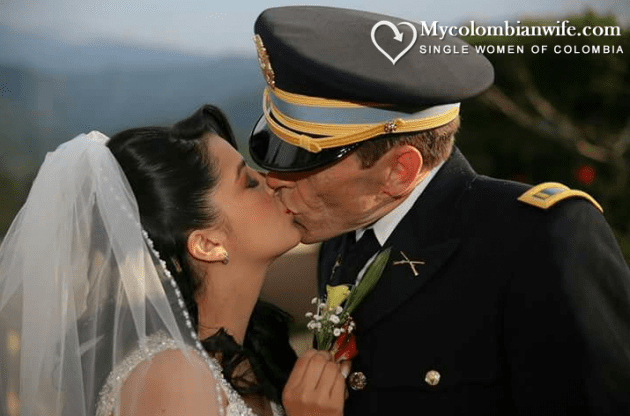“Colombia`s time has come.”
Policymakers should keep in mind the following:
1. Peace processes are key moments to promote democratization and more just structures, overdue reforms, and greater equality. But if the window of opportunity for social change is missed, such processes can solidify patterns of injustice and exclusion, and make change more difficult and a return to violence more likely.
2. Spikes in violence, which are often efforts by armed actors to gain leverage at the peace table or actions by disgruntled sectors to sabotage the process, have derailed many a peace process. They have also been used to catalyze support and underscore the urgency of ending the violence through the peace process.
3. Maintaining peace requires patience, commitment, and managing expectations. Peace accords rarely come easily and often take years to be signed. Implementation of the accords can take even longer, and attitudinal change won’t happen quickly. Carefully cultivated hostilities toward groups don’t disappear overnight, and victims terrorized by war don’t suddenly shed their trauma with the signing of a peace accord.
4. Half of all peace accords fail within the first five years after they are signed. Autonomous, independent civil society organizations, including especially women’s organizations, are key guarantors of peace. They can hold the parties’ feet to the fire until they sign (as did the bold women of Liberia, who locked the negotiators in until they reached a peace deal). They can participate in education efforts to ensure acceptance and legitimacy of peace accords by the populace, and they can monitor and verify that the parties comply with their commitments once an agreement is signed. Early and consistent support for these organizations is critical, particularly given that levels of implementation prove to be a key indicator of whether a conflict will reignite.
5. A successful peace process will need to ensure that those who lay down their weapons are able to have a political voice and that the dignity and rights of the victims are restored.
6. The unfinished business of peace processes can have high costs. Addressing underlying structural inequities that cause violent conflict and allow it to persist may take more time, but this approach is more likely to reduce violence in the long run. The recent waves of Central American children into the United States remind us of the consequences of letting deep social and economic inequities go unattended.
7. Investments in truth-telling, justice, reparations, and reconciliation processes will help guarantee that peace will be sustained. The United States has played a role in supporting truth-telling processes, both financially and by declassifying relevant documents for truth commissions and historical memory processes, in Guatemala, Chile, Peru, El Salvador and other conflict zones. Such support for truth-telling processes could play an important role in Colombia as well.
As the United States realigns its priorities toward peace in Colombia, it should be at least as generous in the transition to peace as it has been in supporting the execution of the war, and it should be clear that it is in for the long haul. Supporting peace and human rights in Colombia is the surest path to security, regional stability, and economic prosperity. It is also the right thing to do.
As President Juan Manuel Santos noted in his inaugural speech on August 7, “Colombia’s time has come.”





